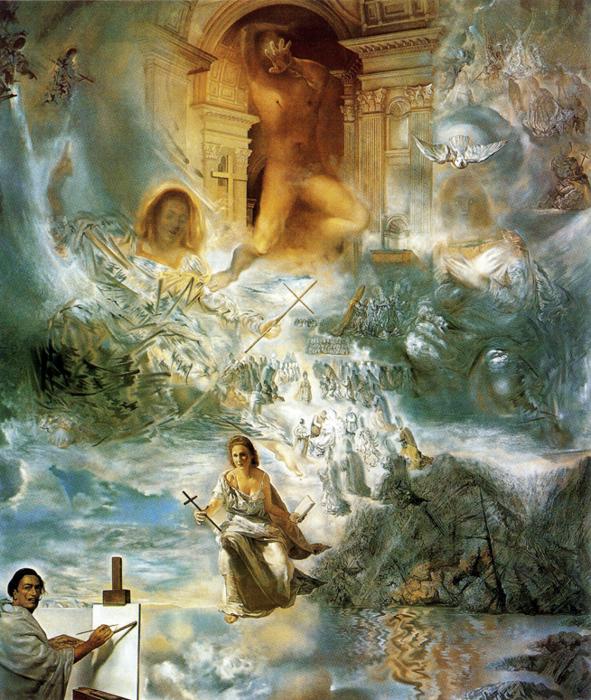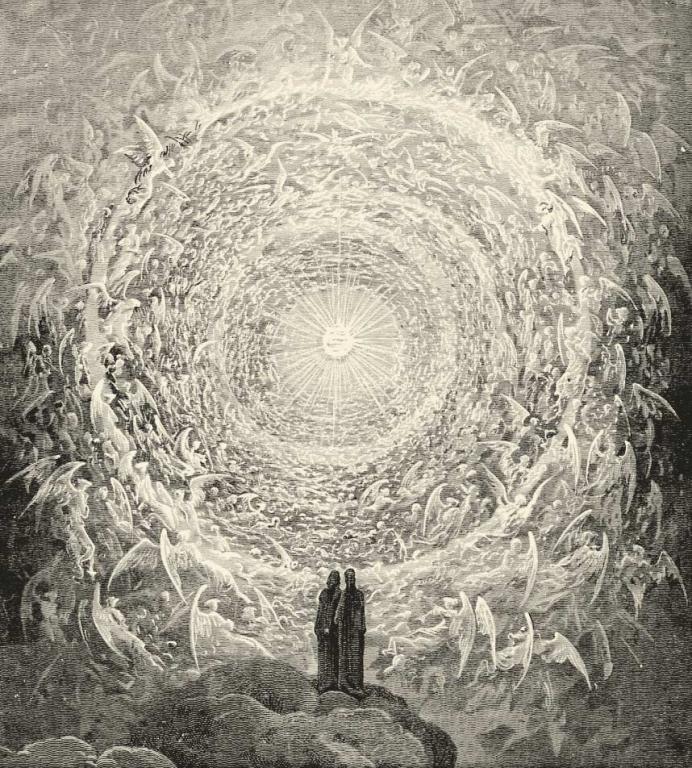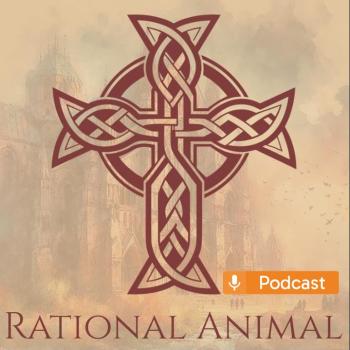I wouldn’t mind not believing in Heaven. The ancient Jews managed to do it, which is in itself a testimony to the validity of their religion: The most strict, most terrifying moral code in human history was followed without any promise of eternal reward. (If religion is the opium of the people, we are a masochistic people smoking some godawful opium.)
But no matter how hard I try to conceptualize a merely finite life — a life without Heaven — I find myself contradicting human experience. If I deny heaven, a plausible denial in the scientific age, I seem to end up denying myself.
Take the death of a loved one. It seems reasonable to claim that love — to be love — requires an object. Love is an action upon the beloved. It is a verb orientated towards a direct object. So a man may say “I love apples,” or “I love r/atheism”, but if he says “I love…” we have every right to ask, “You love…what?” Love requires an object.
Now if there is no Heaven, then the death of our beloved is the end of that person’s existence. That person is no longer. The verb “to be” cannot be applied to her. But we have all experienced this reality — atheist and theist alike — that when a loved one dies we continue to love her. In fact, in the contemplation of her physical absence, we may even love her more.

Now this isn’t merely odd — this is impossible. If love requires an object, then the non-existence of that object should negate that love. To love someone who no longer exists is to say “I love nothing” — for they are nothing. And to say “I love nothing” is simply to say “I do not love”. And yet we do love our dead. If there is no afterlife — that is, if the beloved does not continue to exist after death — then this natural love for our dead is unnatural.
Now it could be argued that we do not actually love the non-existent beloved — we only love our memories of her. This isn’t a bad alternative — a memory could be that object love needs in order to be love — but it makes us idiots.
If memory-love is real, and non-existent-person-love is unreal, then we are idiots in that we experience the exact opposite. We do not experience the mere love of memory after our beloved’s death. We experience the love of our beloved — we love our dead.
This idiocy — for it makes the radical claim that our natural experience of reality does not correspond to what reality actually is — calls into question all our experience as faulty, and all our convictions of truth as potential acts of stupidity. We are lead to an incredible depth of self-skepticism. But that’s fine — perhaps we should doubt our experience of reality. There is a deeper problem with memory-love.
What is a memory? A memory is an image stored against time. A memory is entirely personal — uniquely mine and none other’s. Even if I were to “share” a memory with a loved one, this “sharing” could only be understood in the metaphorical sense. Were I to love a girl to the point of unity in heart, mind, and flesh, we would still experience our honeymoon from our own perspective. Our memories, though they might contain images of our beloved, are entirely our own.
What is it to love a memory then? Simply put, it is to attempt to love the self. If we merely love memory, than we are loving images perceived by ourselves, stored by ourselves, even altered over time or falsified by ourselves. We love images soaked entirely in our own perception, images of our beloved, yes, but totally not our beloved, rather totally part of our selves. For me to merely love the memory of my departed loved ones is to take their deaths as an opportunity to love myself.
This is first of all abhorrent. It is offensive. We naturally rebel against the statement that the death of a loved one leads to greater love of self. Any one confronted with the claim would rightfully and indignantly respond, “No, I love her! Her death does not lead me to love memories for their own sake, as if I merely loved my own impressions of her, and thereby loved myself. My memories lead me to remember her, and to love her, in and of herself! My love is not self-centered!”
But then we arrive back at the problem. If loving only memory is abhorrent, and loving our non-existent beloved is impossible, than we are left to conclude that the only natural state for a human being to consider death is as a state that does not remove our beloved from her ability to be loved. We are lead to conclude that, if human experience is valid, love conquers death. We naturally believe in the afterlife. We naturally suppose a state of existence in which our friends, cut off from us in every physical respect, can still be loved.
It is no idiocy to believe in an afterlife, but it certainly makes man an oddity if it turns out there isn’t one after all.
















